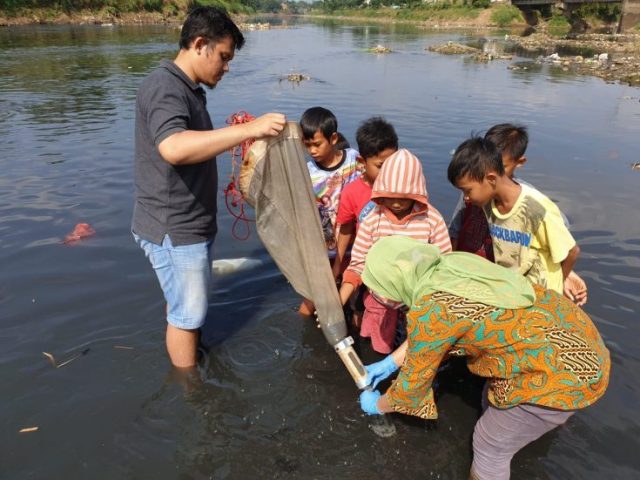MOMENTUM unique research microplastics and possible effects on our health
The use of plastic materials results in the release of small plastic particles – micro- and nanoplastics (MNPs) – to our environment. More research is needed into the possible effects on our health. In the MOMENTUM project, we are looking at the impact on human health from different perspectives in order to make a better assessment of the risks.
The use of plastic materials such as packaging materials, textiles and rubber tyres results in the release of small plastic particles into the environment. These micro- and nanoplastic particles – MNPs for short – have been found in, for example, our drinking water and our food. More research is needed to establish a clear picture of which MNPs we are exposed to, the possible levels of exposure, and the potential consequences for health. Recent research as part of the ZonMw Plastics and Health programme indicates that MNPs from our environment can enter the human body and that they could, for example, compromise our immune system.
Research looking at the possible health effects
MOMENTUM is building on the findings from ZonMW’s Plastics and Health programme and it aims to identify and ultimately prevent the effects of MNPs on our health. Researchers in a range of disciplines working at universities, academic hospitals and research organisations are collaborating with private bodies and key stakeholders.
First of all, methods are being developed to analyse and monitor MNPs in the human body. In addition, the project is also looking at whether MNPs are absorbed through the airways and gastrointestinal tract. And whether they can enter the brain or unborn children in the same way. Furthermore, the impact of MNPs on our immune system will be investigated. That will include looking at whether pathogens such as bacteria or viruses can be carried on MNPs. That knowledge will contribute to a sound integrated approach for predicting and preventing possible health effects due to exposure to MNPs.
Viability of pathogens on plastic particles
In this study, Deltares is focusing on the microbial risks of microplastics and working closely with organisations that include the National Institute for Public Health and the Environment (RIVM) and Utrecht University Medical Centre. We are looking at which high-risk micro-organisms are carried into the body on microplastics and what people may be exposed to in this way. In addition to establishing a clear picture of the micro-organisms present, the viability of pathogens on the plastic particles will also be investigated, as will the effects on our immune system. Deltares is also working on the possibility that plastic materials could be broken down by micro-organisms. We hope to establish a clearer picture of the nuts and bolts of this process.
Unique alliance with a large impact
The new scientific knowledge and alliance is allowing MOMENTUM to make a major contribution to solving this social problem. The impact of MOMENTUM will therefore extend far beyond the current project duration of three years.

